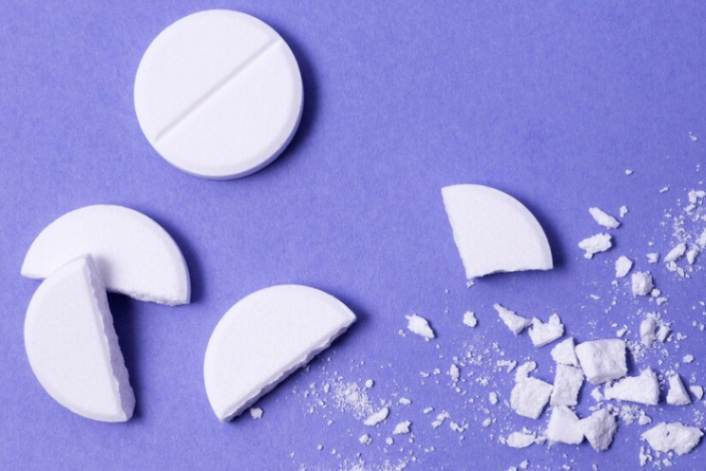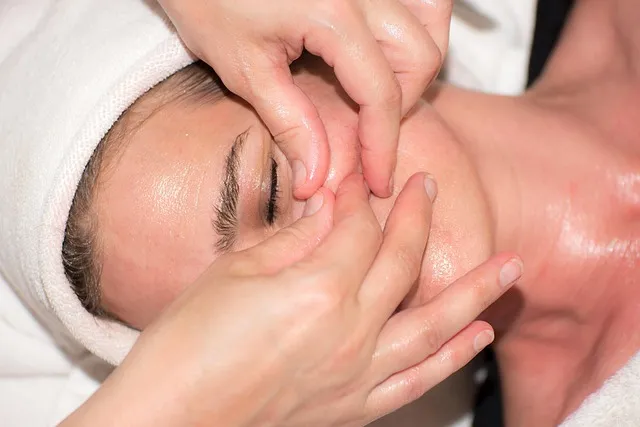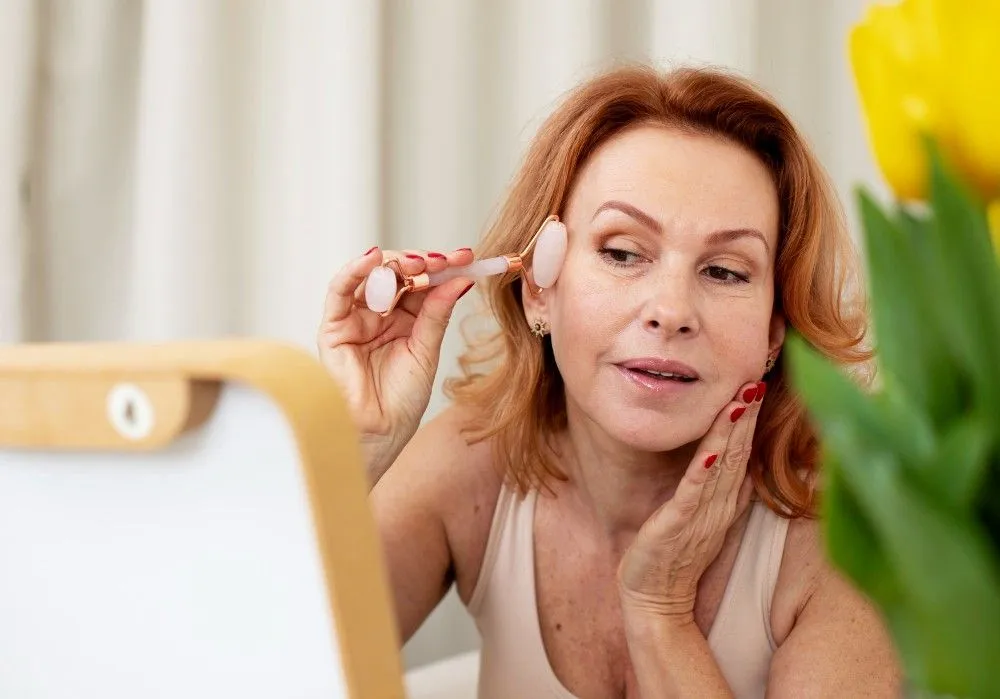Cold sores are little blisters around the mouth or through the lips. Lysine, an important amino acid, is used by some people to manage or avoid cold sores. It may assist in inhibiting the spread of the virus that causes herpes simplex type 1. So, we can say that lysine for herpes is effective.
Many people asked, "Does lysine help cold sores?" A virus causes cold sores; thus, a doctor usually prescribes antiviral drugs to help cure an epidemic. They may also advise a person to take Lysine, an amino acid in several foods, to treat the virus.
Lysine is required for various biological activities, including calcium absorption & collagen production. Most people will get enough Lysine from their food to meet their body's basic needs.
Lysine for cold sores is a popular natural remedy that may help reduce their occurrence and severity. On the other hand, individuals attempting to use Lysine to treat cold sores may need to supplement their lysine intake.
Continue reading to learn more about how Lysine affects a sore throat.
Also Read: The Value of Collagen in Wound Care Treatment
What is Lysine good for?
Lysine is an essential amino acid that serves various crucial bodily functions. It is particularly well-known for its role in supporting the immune system. Lysine helps produce antibodies, enzymes, and hormones that combat infections and illnesses. It also plays a role in collagen production, aiding skin, tendons, and bone formation. Lysine is also believed to positively impact herpes simplex virus (HSV) infections, potentially reducing the frequency and severity of cold sores or genital herpes outbreaks.
Does Lysine help treat cold sores?
Lysine may assist in reducing or preventing the spread of the type 1 herpes simplex virus (HSV-1) that causes cold sores.
HSV-1 requires another amino acid, arginine, to increase. Lysine inhibits the body's absorption of arginine, making things hard for HSV-1 to develop and multiply.
More than half of persons aged 14 through 49 have the virus. Lysine can delay or terminate the HSV-1 lifecycle but can't treat the infection. Once infected, a person will always be infected with the virus.
How much lysine to take for a cold sore?
The optimal lysine dosage for cold sores can vary depending on the individual and the severity of the outbreak. However, a common guideline is to take between 1,000 and 3,000 milligrams (1 to 3 grams) of lysine daily during an active cold sore episode. It's often recommended to start with a lower dose and gradually increase it as needed. Always consult with a healthcare professional to determine the appropriate lysine dosage for your specific situation, as individual responses may differ. Lysine supplements are available in various forms, such as tablets or capsules, and can be found over the counter at most drugstores or health food stores.
What are the natural Sources of Lysine?
Lysine is a necessary amino acid. Because a person's body does not generate Lysine naturally, it must be obtained through diet or supplementation.
Lysine-containing foods include:
-
pork
-
turkey
-
chicken
-
beef
-
eggs
-
yogurt
-
Parmigiano-Reggiano cheese
-
soybeans
-
spirulina
-
sardines
-
codfish
People can utilize a lysine-containing ointment to treat cold sores. People may apply the cream immediately to the sore as directed on the package until the illness clears.
Risk factors of Lysine
Most doctors agree that using Lysine as a cream or an oral supplement is safe. When utilizing lysine products, following the label's recommendations is critical.
Excess Lysine can result in the following adverse effects:
-
nausea
-
gallstones
-
cramps
-
stomach ache
-
renal problems
Pregnant or breastfeeding women should not take Lysine supplements unless their doctor approves it.
Lysine for cold sores treatment on the skin
Cold sores normally recover in 2 weeks for those with healthy immune systems.
Antiviral medicines are commonly used to treat cold sores. Doctors most frequently prescribe:
-
Valacyclovir (Valtrex) is an antiviral medication.
-
Zovirax (acyclovir)
According to NIH, valacyclovir is an effective treatment regimen for cold sores. It is one of the most convenient doses for the patients.
These treatments come in topical ointments, tablets, or injections. A few people utilize them to assist in preventing future cold sore outbreaks.
Lysine for cold sores increases collagen production and is responsible for skin suppleness and stiffness, reducing blisters and cold sores. Because of its beneficial benefits, it is crucial for enhancing general skin health.
Also Read: 10 Superfoods for Healthy Skin
Alternatives to Lysine for cold sore
Unfortunately, there is no method to make cold sores disappear overnight. While home remedies cannot prevent or cure the HSV virus, some natural cold sores remedies can alleviate your symptoms.
-
Tea tree oil: Tea tree oil is an antiseptic and can assist in preventing future bacterial infections following a sore throat outbreak.
-
Ice or tea bag: Applying a compress made of ice or wet tea bags to a cold sore can help minimize redness and swelling.
-
Lemon balm: The herb offers a calming, anti-inflammatory impact on the skin, which may lessen cold sore sensitivity. Experts also consider how it may be used as an antiviral instead of the HSV-1 virus.
-
Alcohol: Alcohol, witch hazel, and vanilla extract are all 'astringents' (drying agents) that may aid in the healing of cold sores.
Dosage for treating and preventing cold sores
It is advised to take 1,000mg of Lysine daily in two divided doses for a maximum of 12 months or 1,000mg thrice daily for six months.
It suggests that 500-1,248 mg be consumed daily, or 1,000mg be given thrice daily to prevent cold sores from returning.
Lysine side effects
Excessive lysine consumption can result in a variety of adverse effects, including:
-
Diarrhea
-
Lower abdominal discomfort
-
Renal failure and dysfunction
-
Kidney issues
-
Cramps
Pregnancy and precautions for lysine dosage
Pregnant and breastfeeding women should exercise caution when contemplating lysine supplements, as there are inadequate findings on lysine effects throughout pregnancy. Before taking Lysine supplements, speak with your doctor as a precaution.
What are the complications of Lysine?
Oral herpes can occasionally cause difficulties, particularly in those with compromised immune systems.
Complications could include:
-
Dehydration may occur if the discomfort from the blisters makes drinking difficult.
-
Herpetic whitlow is a painful infection that can emerge through a skin injury and cause blisters, most commonly on the fingers.
-
Herpetic keratoconjunctivitis is an additional infection that may lead to eye swelling or irritation, eyelid ulcers, and vision loss if left untreated.
-
Encephalitis, or brain swelling, which can occur if an infection spreads
Conclusion
Cold sores are a painful and inconvenient sign of oral herpes.
Many people have no difficulties and can treat outbreaks within the house with over-the-counter or prescription medication.
Anyone with a weaker immune system should consult a doctor if they are experiencing cold sores or other oral herpes symptoms.
Recognizing early signs of an illness and applying treatment as soon as possible can be beneficial. Cold sores frequently vanish without treatment.
Frequently Asked Questions
How much lysine to take for cold sore?
500 mg to 1,000 mg of lysine can be used for active cold sores. It also prevents sores outbreaks as well.
Does L lysine help with fever blisters?
Fever blisters lysine for fever blisters is quite effective in treating the growth of the herpes simplex virus and other bacteria which leads to an increase of temperature.
Does lysine help with cold sores?
The complete cure of cold sores is not lysine, however, it helps to reduce the outbreaks on the skin by the virus.

Reviewed by







